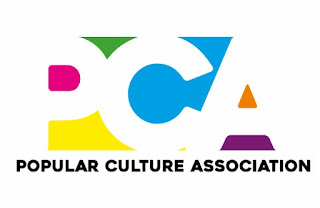 |
| Burlington, Vermont teachandlearn via Flickr CC BY-NC-SA 2.0 |
NEPSA will meet in Burlington, Vermont, on April 23-25, 2026, the 78th year of the organization. The CFP deadline is December 5, 2025.
The conference welcomes papers from faculty and graduate students. There also is a paper competition for undergraduate students, and proposals may be submitted for full panels and roundtables. See the options under the 2026 Conference tab on the NEPSA home page. Here is the CFP:
The New England Political Science Association invites proposals for papers, panels, and roundtables to be presented at its 2026 Annual Meeting, which will convene April 23-25 at the DoubleTree by Hilton in Burlington, VT. Panels will be offered on Friday, April 24, and Saturday, April 25; a pre-conference welcome event will be held on the evening of Thursday, April 23.
In NEPSA’s 78th year, we are pleased to finally return to Vermont for the first time since the 2014 conference. We welcome a broad array of panel and paper proposals reflecting the various subfields of our discipline. NEPSA has the following dedicated sections:
- Public Law
- Public Policy
- Race, Gender, and Intersectionality
- Technology and Politics
- American Politics
- Comparative and Canadian Politics
- International Relations
- Political Theory
- Politics and History
Proposals from undergraduates will once again be considered for presentation. Undergraduate proposals will be evaluated on a competitive basis by a special Undergraduate Proposals Committee. Accepted proposals will present on panels dedicated to undergraduate research; presenters must be accompanied at the conference by a sponsoring faculty member.
Proposals for individual papers, full panels, and roundtables – as well as offers to serve as panel chairs and/or discussants – may also be submitted through the appropriate entries in the “2026 CONFERENCE” drop-down menu above. Except in special situations, individuals are restricted to two paper proposals.
Professor Steven Lichtman, a friend and academic colleague at Shippensburg University, continues as NEPSA executive director and conference chair.
















